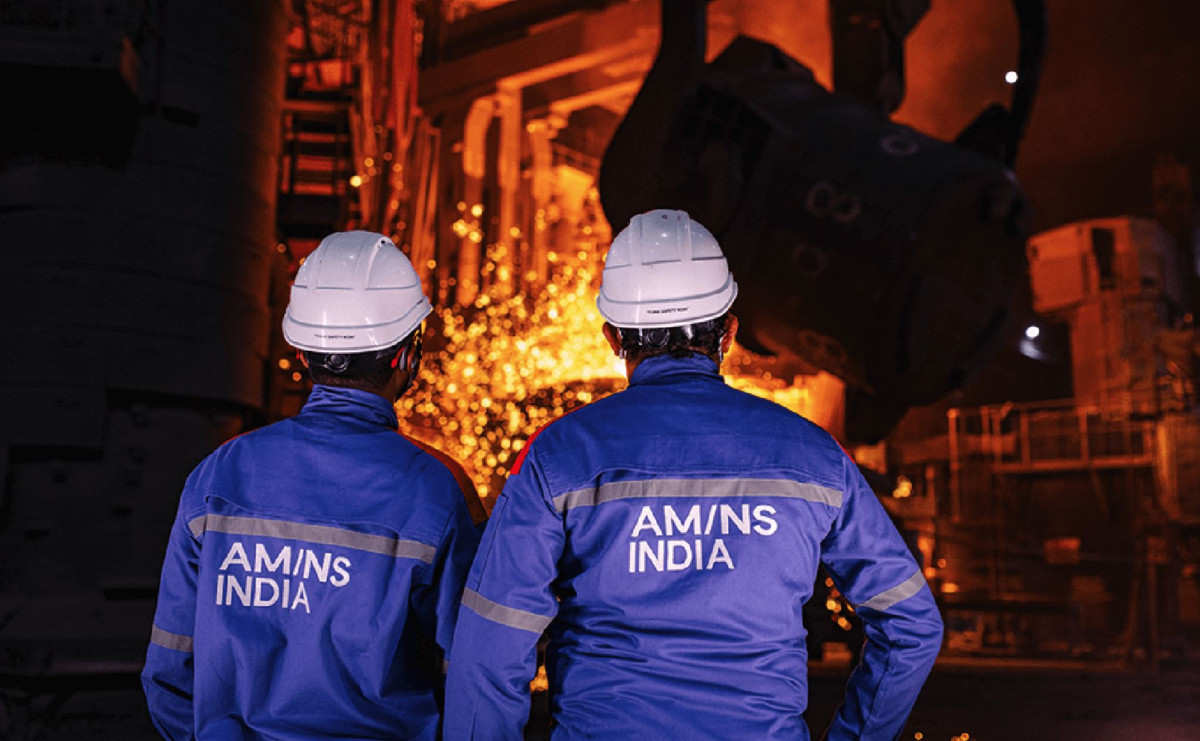Corporate net zero commitments send ripple effects across the globe
*** Please note: This article is part of the CLEW focus on company climate claims.
This dossier lists our existing publications and future content plans, and our upcoming events are here.
This blog explains why we decided to launch the project.***
Corporate run on carbon credits triggers offset gold rush in Mexico's forests

Mexico is experiencing a carbon offset gold rush, as polluting multinationals turn to the country’s extensive forests in droves to absolve their climate sins. Countless companies, eager to prove their climate credentials with “net zero” targets, invest in carbon offsets based on forest projects. But the climate benefits of this strategy are highly questionable, and the compensation boom often fails to bring about the expected benefits to local communities. Following growing concerns about a lack of oversight and transparency, the government and international organisations are taking the first steps to put a leash on the market’s uncontrolled growth. Read the report here.
'Net zero' Netflix is far from climate neutral

Netflix styles itself as a climate action leader, but the world’s most popular video streaming service is far from eliminating all of its emissions, despite a 2022 net zero target. The US company with more than 220 million subscribers is taking many steps to clean up film production, but heavily relies on controversial carbon credits to compensate its growing CO2 output. Netflix’s climate plans also include other contentious strategies, and it remains unclear whether the company should also account for the emissions caused by streaming and watching its films. Read the report here.
Net zero targets could force Taiwan's chipmakers abroad

The adoption of net zero emissions targets by global technology giants like Apple, Google and Microsoft is turning into a serious problem for Taiwan’s massive chipmaking industry. Pressure to decarbonise the extremely power-hungry production of semiconductors is rising rapidly, but chipmakers based on the island – such as Apple supplier Taiwan Semiconductor Manufacturing Company Limited (TSMC) - have limited options to crank up the use of renewable electricity, as Taiwan’s power mix remains heavily dominated by fossil fuels. TSMC and other suppliers might have no other option but to move production elsewhere. Read the report here.
India’s policy and funding vacuum makes corporate net zero targets unviable

The uptake of net zero targets among India’s industrial giants is unlikely to translate into rapid emissions reductions given a lack of adequate policies, funding and regulatory oversight. On the contrary, the country's steelmakers are eyeing an expansion of coal-intensive production methods, regardless of their climate pledges. But gradual change could be afoot, as companies are increasingly aware that decarbonisation is headed their way, and policymakers debate first steps towards the country’s official target to become net zero by 2070. Read the report here.
